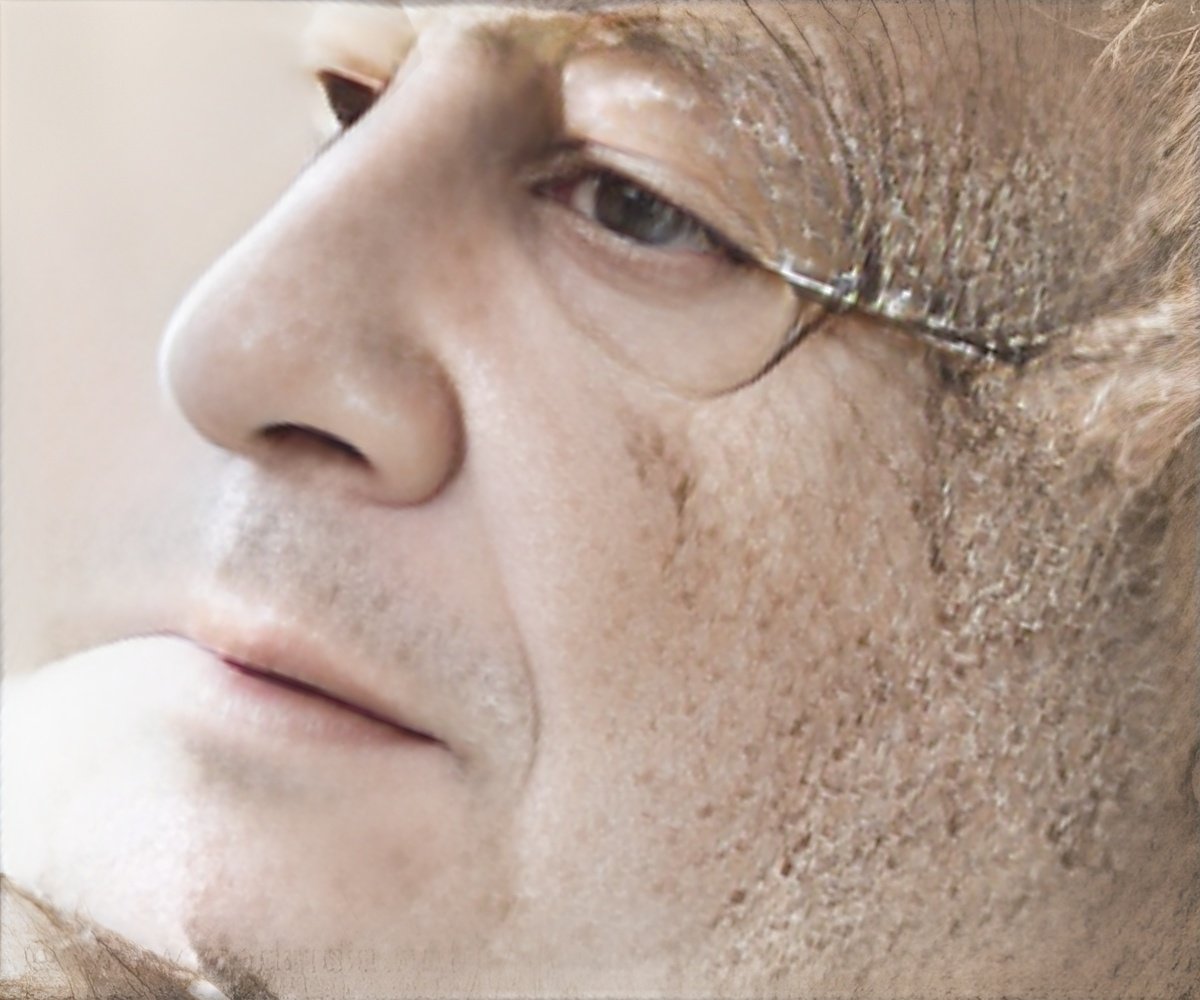Scientists now claim to have found a drug that has Polynesian roots which offers exciting results.

The study showed that Rapamycin, a bacterial product first isolated from soil on Easter Island, enhanced learning and memory in young mice and improved these faculties in old mice.
"We made the young ones learn, and remember what they learned, better than what is normal," Veronica Galvan, assistant professor of physiology at the Barshop Institute for Longevity and Aging Studies, said.
"Among the older mice, the ones fed with a diet including Rapamycin actually showed an improvement, negating the normal decline that you see in these functions with age," Galvan said.
Galvan said that the drug also lowered anxiety and depressive-like behavior in the mice.
Anxiety and depression are factors that impair human cognitive performance.
Advertisement
Mice are burrowers that prefer tunnels with walls. To observe their behavior, Halloran used an elevated maze of tunnels that led to a catwalk.
Advertisement
"We observed that the mice fed with a diet containing Rapamycin spent significantly more time out in the open arms of the catwalk than the animals fed with a regular diet," Halloran said.
The second test measured depressive-like behavior in the rodents.
Mice do not like to be held by their tails, which is the way they are moved from cage to cage. Inevitably they struggle to find a way out.
"So we can measure how much and how often they struggle as a measure of the motivation they have to get out of an uncomfortable situation," Galvan said.
Some mice barely struggle to get free, but if an antidepressant is administered they struggle a lot more.
This behavior is very sensitive to the action of antidepressants and is a reliable measure of whether a drug is acting like an antidepressant, Galvan said.
"We found Rapamycin acts like an antidepressant - it increases the time the mice are trying to get out of the situation," Galvan said.
"They don't give up; they struggle more," she said.
The reductions of anxiety and depressive-like behavior in Rapamycin-treated mice held true for all ages tested, from 4 months of age to 12 months old to 25 months old.
The researchers measured levels of three "happy, feel-good" neurotransmitters: serotonin, dopamine and norepinephrine.
All were significantly augmented in the midbrains of mice treated with Rapamycin.
The study has been published online in the journal Neuroscience.
Source-ANI















